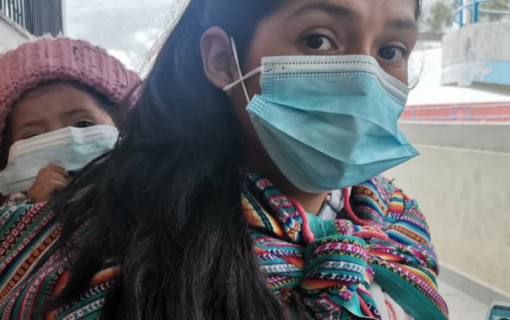Report on Mongolian Presidential Election: June 6, 1993
EXECUTIVE SUMMARY
The June 1993 Presidential Election in Mongolia was judged free and fair by the IFES Election Observation Team. This view was based on their own observations, as well as the assessment of knowledgeable in-country election observers. It was a conclusion in which both major parties or party groupings concurred.
The three-person team interviewed, both before and after election day, leaders of the parties involved in the election, as well as electoral commissions at national and provincial levels. In selecting polling stations to observe on election day, the team was guided by information regarding areas of possible interference in the process.
On election day, the team visited thirty-nine polling stations in the Capital City area, the surrounding Central Province, and the more distant Hovsgol Province. At the polls, the team interviewed local poll officials, observers appointed by both parties to the contest, and voters. Where problems emerged, they were investigated, generally with good results. After the polls closed at 10:00 P.M., team members observed the counting of ballots, and in some cases were able to follow them to the next highest stage in the process (the subdistrict or Somon level).
The team was impressed by the general goodwill of all involved, from the Central Election Commission down to the precinct officials and the voters themselves. Members were impressed by the honest efforts of those involved, including the architects of the electoral system, to involve as many Mongolian citizens as possible in the process. In view of their success, aspects of the Mongolian electoral system deserve to be emulated elsewhere.
Since the ruling MPRP party can be said to have lost the election, the outcome represented an important step toward the evolution of a true multiparty system in Mongolia. However, since the individual winner was the incumbent President, and remains a member of the MPRP, and since his victory was apparently based primarily on his personal appeal to the voters, the outcome did not demonstrate that the opposition parties have yet attained a capability to win a general election and come to power individually or through coalition. The evolution of a true multiparty system is still in the future.
The team found a number of possible weaknesses in the electoral system or the way in which it was managed. Its impressions and recommendations were conveyed to the Central Electoral Commission and the Hovsgol Electoral Commission, and to some degree to the competing parties. The team recommended that: the political balance within the electoral commissions at every level be improved; membership on the board of governors for the public media be balanced among the major parties, thereby reducing the credibility of accusations of bias in media programming prior to elections; the system of preparing local voting lists and allocating ballots be made clearer to all participants; women be given a more substantial role in electoral administration, particularly in chairperson positions; steps be taken to reduce the number of invalid ballots; as one step, posters describing the voting process should be placed inside the entrance to every polling station; precinct election results should be published in a timely manner, so that officials or local observers can rapidly determine whether manipulations have occurred in the tabulation process after the completion of counting at local levels; and steps should be taken to improve communication among foreign election observers, so that they might better coordinate their efforts. Among other recommendations, the team recommended that the NGO sector in Mongolia be strengthened so that it might serve a supporting role in observing elections, civic education, and other aspects of the democratization process.









